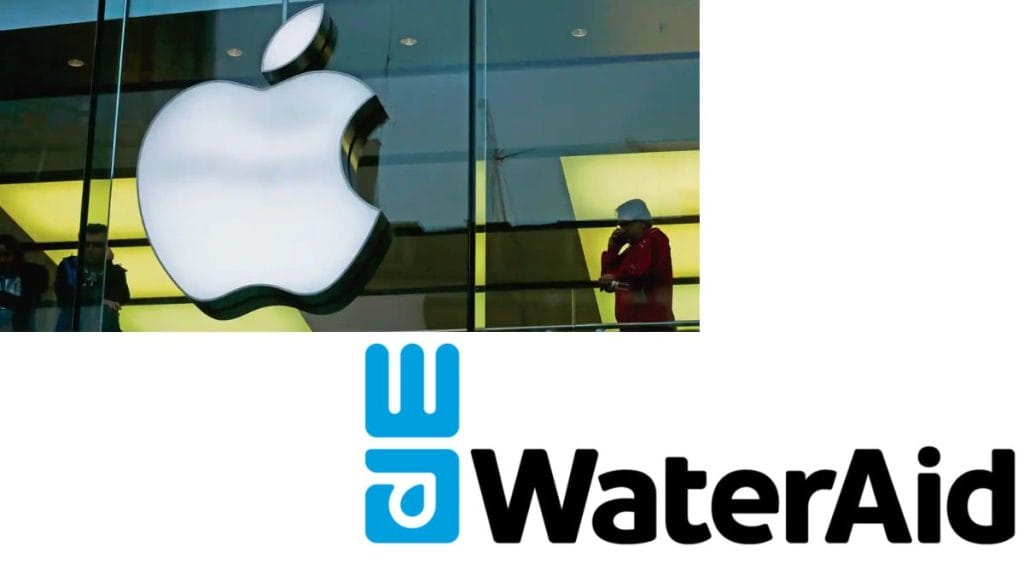New Delhi: Apple, the multinational technology company, has announced a partnership with a UK non-governmental organization (NGO) called WaterAid to improve water management practices in India. The project aims to provide clean water and sanitation services to communities in need in the country.
India is facing a water crisis, with more than half of its population facing water scarcity, according to a report by the National Institution for Transforming India (NITI Aayog). The country’s water resources are being depleted at an alarming rate, and it is estimated that by 2025, nearly 200,000 people in India could die due to a lack of access to clean water.
As part of the partnership, Apple will provide funding to support WaterAid’s projects in India, which include building and renovating water infrastructure, providing water and sanitation facilities to schools and healthcare facilities, and promoting better water management practices in communities.
Apple CEO, Tim Cook, said in a statement, “Access to clean water is a fundamental human right, yet one in ten people globally lack access to safe water. Through our partnership with WaterAid, we hope to make a meaningful difference in the lives of those impacted by the water crisis in India.”
WaterAid CEO, Tim Wainwright, said, “We are delighted to be partnering with Apple to help transform the lives of communities in need in India. The lack of access to clean water and sanitation is a major challenge facing the country, and this partnership will help us reach more people with vital services.”
The partnership between Apple and WaterAid is part of Apple’s broader efforts to reduce its impact on the environment and address climate change. In 2020, the company committed to becoming carbon neutral across its entire supply chain and product life cycle by 2030.
Improving water management practices in India is critical to achieving sustainable development goals and addressing climate change. The partnership between Apple and WaterAid is a positive step towards ensuring that communities in need have access to clean water and sanitation facilities.





